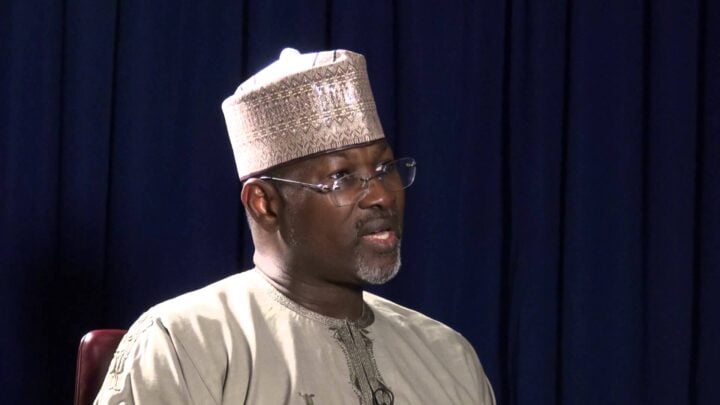BY ALLI ABIOLA
This year’s world earth day celebration theme ‘Environmental and Climate Literacy’ was a vital premise to advocate for the protection of our environment with emphasis on climate literacy. Basically, environmental and climate literacy refer to knowledge, effects, benefits and importance of our planet’s surrounding and temperature. Interestingly, the earth is the only planet in the cosmos where life is possible so it is essential to maintain the natural endowments of the earth in order to enjoy life on earth and not endure it as humans are swiftly pushing with the increased rate at which carbon emissions and careless attitudes plummet ideal natural balance which supports life to stay healthy and alive.
Earth day celebration has been a long time coming, since it was first marked 1970, thereafter every 22nd day of April was adopted for the purpose of making humans aware and appreciate the importance of the planet. It has grown in leaps and bounds from the united State of America and is now observed today in about 195 countries across the world, obviously with Nigeria on the list; how then does Nigeria mark April 22nd?
In line with 2017’s theme, ‘Environmental and Climate Literacy’, there is a call for increased participation and efforts to mitigate the effects of climate change and global warming through environmental conservation, education and advocacy to encourage environmental sanitation.
Advertisement
Nigeria, in particular, is faced with many environmental challenges; increased industrialization and burning of fossil fuel (CO2), depleting the ozone layer, thus preventing us from the ultraviolet rays of the sun. This has made atmospheric temperature very hot and most times unpredictable in many areas. Another big problem is the death of rivers and waterways getting mixed with industrial toxic materials leading to global warming, with increasing industrialization leading to deforestation and destruction of vegetative zones which helps carbon sequestration and mitigate the depletion of ozone layer.
Today our surroundings are dirty and littered with non-biodegradable materials and solid waste constituted in many areas, blocking drainages and waterways giving rise to health and environmental hazards.
Unfortunately, our planet is presently losing about 15 billion trees each year, that is about 56 acres of forest every minute. Nigeria perhaps has the highest rate of deforestation in the world losing about 4,000 hectares annually, according to the Food and Agriculture Organisation (FAO). Demands for fuel wood, agricultural land and housing for our ever increasing population is plundering our forest covers.
Advertisement
Although, it is perceived as the duty of the government to enhance, maintain and enforce environmental laws and order at both federal and state levels; having noted the non-performance or the unfocused effort, much lies on you and I to fill in the vacuum for active public campaigns and environmental advocacy.
The Government of the day is encouraged to lead in terms of strategies, policies and enforcement to ensure that its citizens understand the urgent need to avert the impending danger; to grossly reduce the ‘unearthly’ rate of logging, poaching, gas flaring and deforestation. There are worthy examples in some developed nations, Nigeria can and should take a cue.
Nigeria’s vulnerability to environmental risk and lack of institutional capacity to respond to threats in a sustainable manner should serve as premise for an increased capacity, advocacy and funding towards environmental sensitisation and enforcement to save our nation from the impending peril ahead.
Advertisement
Views expressed by contributors are strictly personal and not of TheCable.
Add a comment






